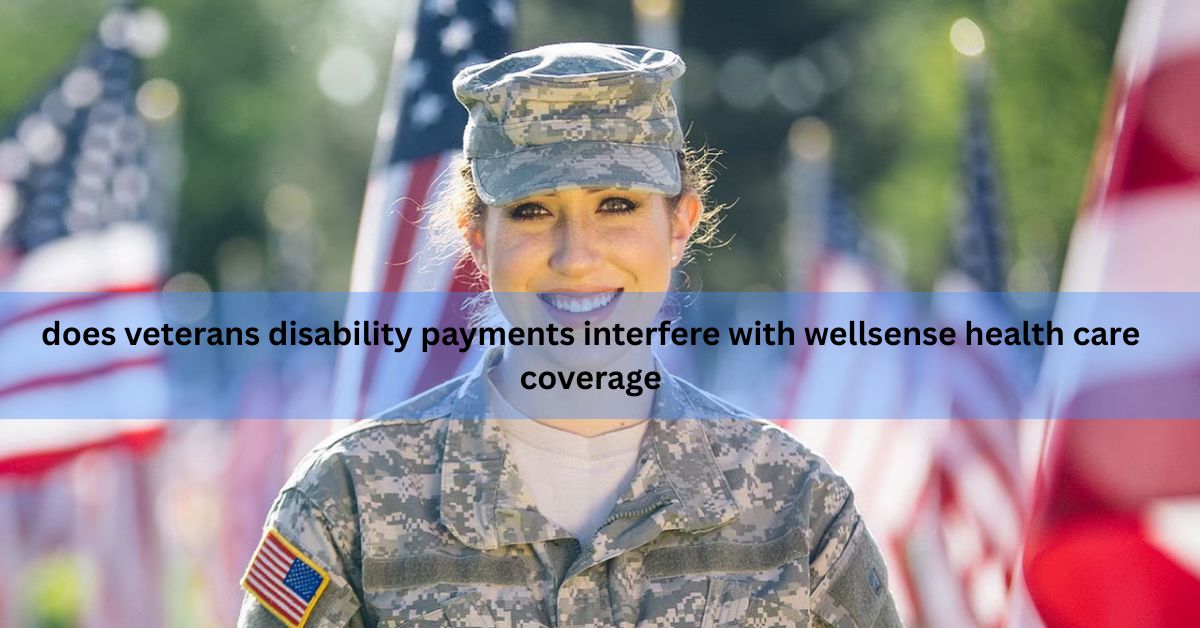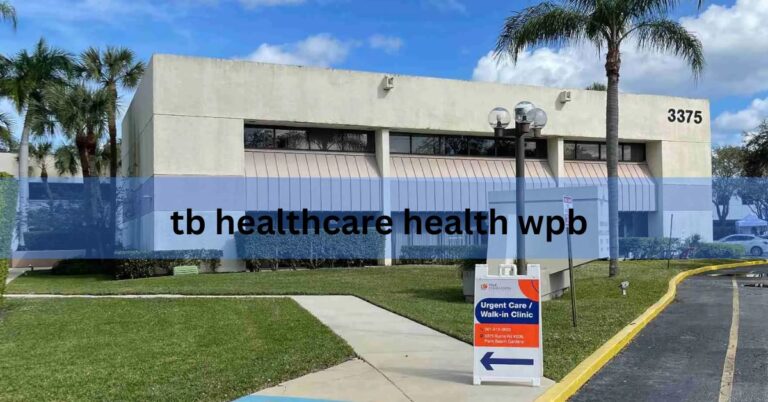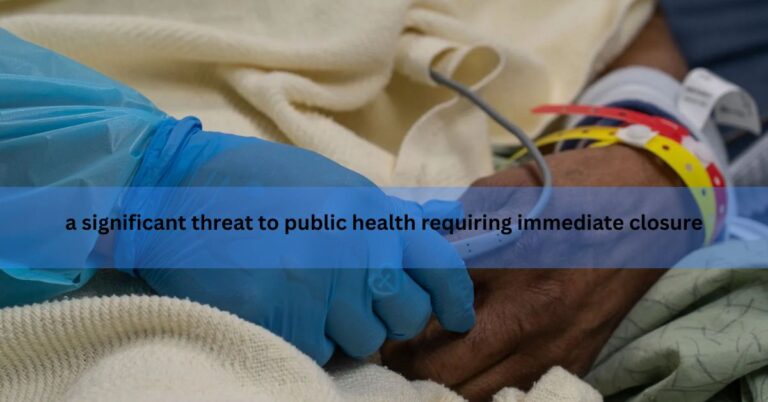Does Veterans Disability Payments Interfere with WellSense Health Care Coverage
For millions of U.S. veterans, health care and disability benefits represent lifelines that support their well-being after service. As the veteran population grows and programs like WellSense Health Plan (formerly BMC HealthNet) become increasingly popular—especially in states like Massachusetts and New Hampshire—many recipients are left wondering: Does receiving veterans disability compensation interfere with eligibility for WellSense health coverage?
This article provides an in-depth look into this critical question. We will examine the role of veterans disability payments, their impact (if any) on eligibility for WellSense plans, and the broader implications for Medicaid and managed care. If you’re a veteran or the family member of one, understanding how these systems interact is essential to maximizing your benefits without unnecessary risk or confusion.
Understanding Veterans Disability Compensation
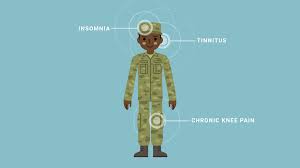
Veterans disability compensation is a tax-free monetary benefit paid to veterans with service-connected disabilities. The amount of compensation depends on the severity of the disability, ranging from 10% to 100% in increments of ten. Veterans who qualify for these benefits receive monthly payments directly from the Department of Veterans Affairs (VA).
The key characteristic of VA disability payments is that they are not considered taxable income, nor are they treated as earned income. This makes them unique among federal benefits and plays a vital role in determining how other assistance programs, such as Medicaid or state-managed health care like WellSense, evaluate financial eligibility.
What is WellSense Health Plan?
WellSense Health Plan, previously known as BMC HealthNet Plan, is a non-profit health insurance provider offering plans primarily to low-income individuals through Medicaid and other public assistance programs. It operates across Massachusetts and New Hampshire, providing essential care to children, adults, seniors, and people with disabilities.
WellSense plans are Medicaid-based. That means eligibility largely depends on income levels, household size, disability status, and other socio-economic factors. Given that Medicaid is a means-tested program (where financial resources influence eligibility), many people worry that any additional income—including VA disability compensation—could reduce their chances of qualifying.
How Income Affects Medicaid-Based Programs Like WellSense?
Income plays a critical role in determining eligibility for Medicaid and Medicaid-managed care plans like WellSense. However, not all income is treated the same under Medicaid guidelines.
When calculating a person’s Modified Adjusted Gross Income (MAGI) for Medicaid eligibility, veterans disability compensation is excluded. This exclusion is crucial because it means that even if a veteran is receiving hundreds or thousands of dollars per month in disability benefits, these payments do not count toward income limits under the MAGI methodology.
When Could Veterans Disability Compensation Impact Coverage?
Although the standard VA disability payments do not interfere with WellSense eligibility, there are rare and specific circumstances that require closer examination.
If a veteran receives non-service-connected pension benefits, which are means-tested and income-based, these can sometimes be factored into Medicaid eligibility assessments. Additionally, long-term care Medicaid programs, which may apply different income and asset rules, might take some VA benefits into consideration—particularly the Aid and Attendance allowance, which is paid in addition to the basic pension.
However, these exceptions do not apply to most veterans receiving service-connected disability compensation. For those enrolled in standard Medicaid or WellSense plans, there is no conflict.
Also Read: What is Outpatient Mental Health Treatment – Improve Mental Wellness Now!
Asset Tests and Veterans Disability Benefits:
While income exclusions help many veterans, some Medicaid programs may include asset tests—where a person’s total resources, such as savings accounts, property, or investments, are evaluated. The good news is that VA disability compensation is not typically counted as an asset unless it is saved and accumulates over time. For example, if a veteran saves years’ worth of disability payments in a bank account, the balance of that account could eventually be considered a resource for eligibility.
But even then, this only becomes relevant under asset-tested Medicaid programs, not standard WellSense plans that follow MAGI rules. Veterans concerned about this issue should speak with a Medicaid caseworker or a VA benefits advisor for personalized guidance.
Dual Enrollment: VA Health Care and WellSense:
Veterans are also allowed to be dually enrolled in VA health care and state Medicaid programs like WellSense. This dual eligibility can actually be beneficial. For example, if a particular treatment or provider is unavailable through the VA, the veteran can access services via their WellSense plan. In such cases, there’s no interference between benefits—they work in tandem to improve access and care quality.
Moreover, veterans can use their WellSense plan for dependents or family members who are not eligible for VA health benefits. This flexibility provides comprehensive coverage for households where not everyone qualifies for the same health care program.
How to Apply for WellSense While Receiving VA Benefits?
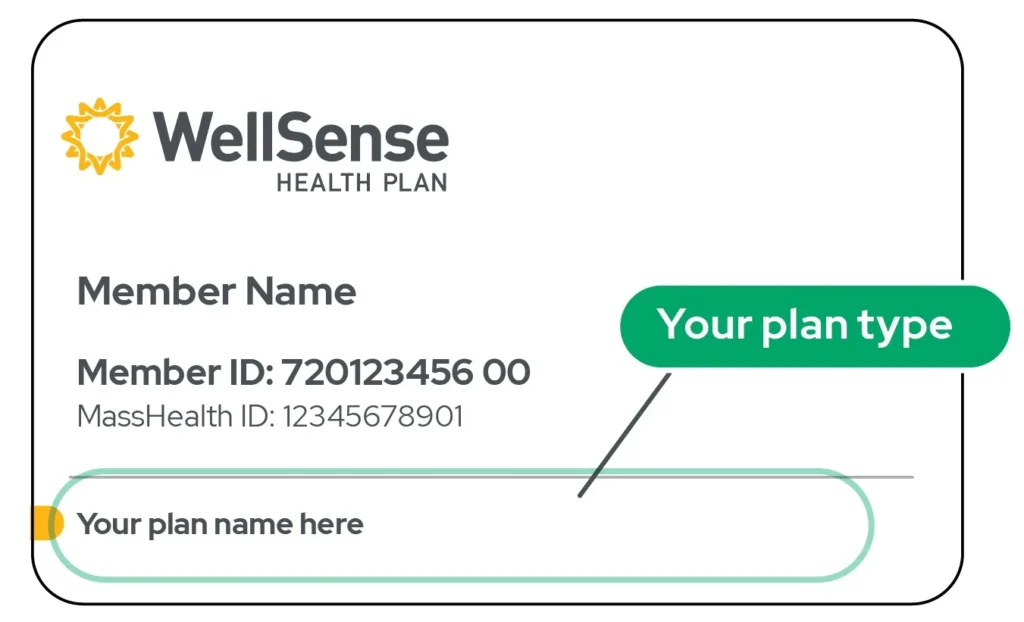
Veterans applying for WellSense should provide full disclosure of their VA disability payments, even though these are excluded from income eligibility. Transparency ensures the correct calculation of eligibility and prevents any administrative delays or flags.
In most cases, applicants can:
- Submit documentation of income, excluding VA disability payments from gross income.
- Clarify the nature of the payments (i.e., service-connected disability versus non-service-connected pension).
- Work with a Medicaid eligibility worker to verify documentation.
State health departments and WellSense representatives are trained to understand VA benefits and their impact—or lack thereof—on program qualification.
Policy Protections for Veterans:
It’s important to note that federal law protects veterans’ disability benefits from being counted as income for most public assistance programs, including Medicaid. Title 38 of the U.S. Code reinforces that VA disability benefits are exempt from taxation and should not affect eligibility for public benefits, unless explicitly stated by law.
This legal framework helps ensure that veterans are not penalized for receiving the compensation they’ve earned through service.
FAQ’s:
1. Do VA disability payments count as income for WellSense eligibility?
No, VA disability compensation is excluded from income calculations under Medicaid’s MAGI rules, which WellSense follows.
2. Can I have both VA health care and WellSense insurance?
Yes, dual enrollment is allowed and often beneficial for broader access to medical services.
3. Will WellSense deny coverage if I receive VA benefits?
No, WellSense will not deny coverage solely due to the receipt of VA disability payments.
4. Should I report my VA disability payments when applying for WellSense?
Yes, always report all forms of income and benefits, even those excluded, to ensure accuracy in processing.
5. Does my family qualify for WellSense if I receive VA disability?
Yes, family members may qualify for WellSense independently, and your VA benefits do not affect their eligibility.
6. Will my WellSense premiums increase because of VA payments?
No, your premiums or cost-sharing obligations will not increase due to VA disability compensation.
7. What if I save my VA disability checks—do those count as assets?
Only if they accumulate substantially and are reviewed under asset-tested Medicaid programs, which WellSense usually is not.
Closing Remarks:
In most situations, veterans disability payments do not interfere with WellSense health care coverage. This is due to the non-taxable and non-countable nature of VA disability benefits under Medicaid’s MAGI rules. Veterans receiving service-connected compensation can confidently apply for and receive WellSense coverage without jeopardizing their health insurance or creating income conflicts.
Read More:
